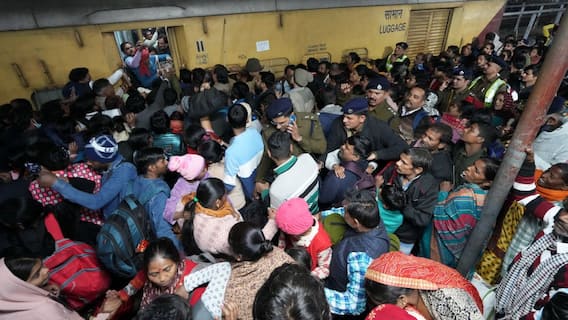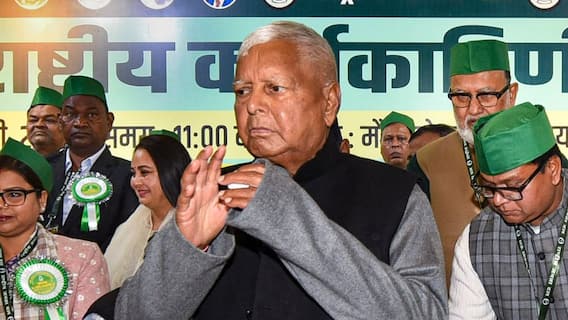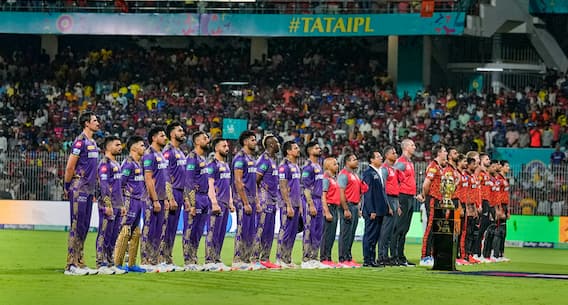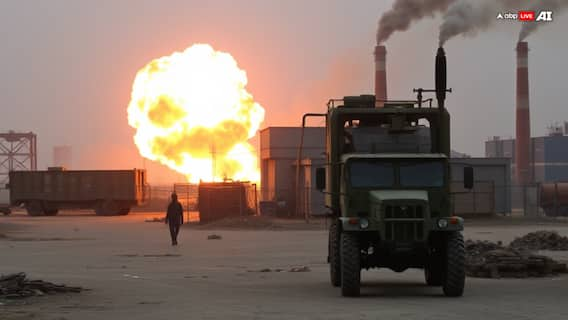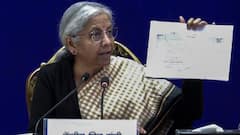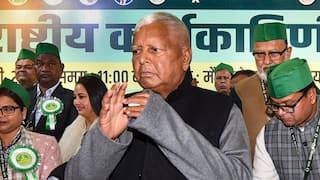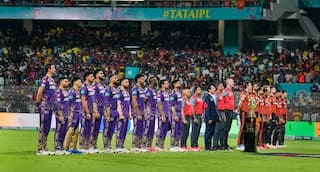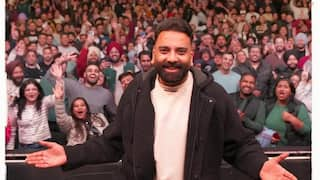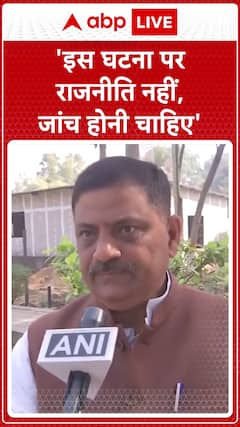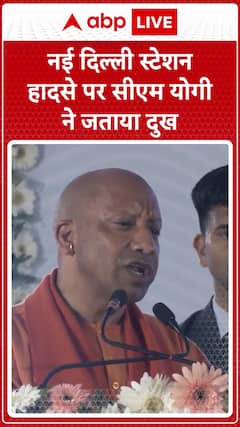Proximity To A Political Party Doesn’t Guarantee More Opportunities: Karan Adani
Talking about the group’s overseas investment and whether the firm is playing a strategic role in facilitating certain trade routes for the government, he said that as a group, they balance the needs

Karan Adani, Managing Director of Adani Ports & Special Economic Zone and Gautam Adani’s eldest son, said on Monday that a company gets work because it is able to deliver in the most efficient manner possible and not because it is close to a political party. Additionally, he said that their goal is to manage at least one billion tonnes of volume, with the majority coming from India by 2030.
In an interview with Bloomberg, he said, “Being close to a political party does not necessarily mean you get to work. You get to work because you can deliver and are competitive in a market. We have run our business in the most efficient manner. If you don't have these three things, there is no point in being close to any political party because today's India is no longer about giving favours. It is all about whether you are competitive in the landscape.”
Talking about the group’s overseas investment and whether the firm is playing a strategic role in facilitating certain trade routes for the government, he said that as a group, they balance the requirement to service strategic needs and maximise profit as a publicly traded company. “I think the certain position that we are taking is also strategic for us as a company because going back, we do see that there's going to be continuous disruption, and we look at where are the major trade routes from India and how we minimise those disruptions by having a position over there. So that is the first fundamental reason,” he said.
“And second, if you look at it from a geopolitical perspective, yes, India has certain geopolitical priorities, but that doesn't mean that those priorities are the company's priorities. We take our individual assessment, and at the end of the day, we look at risks and profitability. And for us, families are also one of the largest shareholders. So we have to do justice to the family as well, apart from the minority shareholder, because at the end of the day, all the investments that we are making now, whether it is in power or whether it is in ports, these are investments which have to give returns on a standalone,” Karan added.
Speaking on Adani Group's Global ambition, the CEO highlighted that by 2030, their goal is to manage at least one billion tonnes of volume, with the majority coming from India. “ I would not say we have a global ambition. I think the ambition is by 2030; we want to be handling at least a billion tonnes of volume, predominantly coming out of India, because as India is going to grow, the trade is going to grow, and we are in the right position to take that sort of growth.”
He added, “I think the second part is to give a reliable supply chain solution to our neighbouring countries and make India the centre point of that whole supply chain. And that is the idea that rather than cargo getting transshipped in Dubai or Singapore, how do we make India the centre point of the overall supply chain from east to west.”
Hindenburg's report had a significant impact on the Adani Group. Talking about it and his role during that time in the group, Karan said, “At that time, my responsibility was three things. One was to ensure that business resilience continues, not just in ports but across the group in terms of our performance, operational efficiency, and capital Capex efficiency.”
“Second, we ensured we were completely aligned from a leadership perspective. There were no critical people leaving, and during this time, they ensured that we were all working together to achieve the goal and weather the storm. And that was a main priority: to make sure that whatever performance parameters we have achieved in the past, we beat that during those times,” he added.
Trending News
Top Headlines










